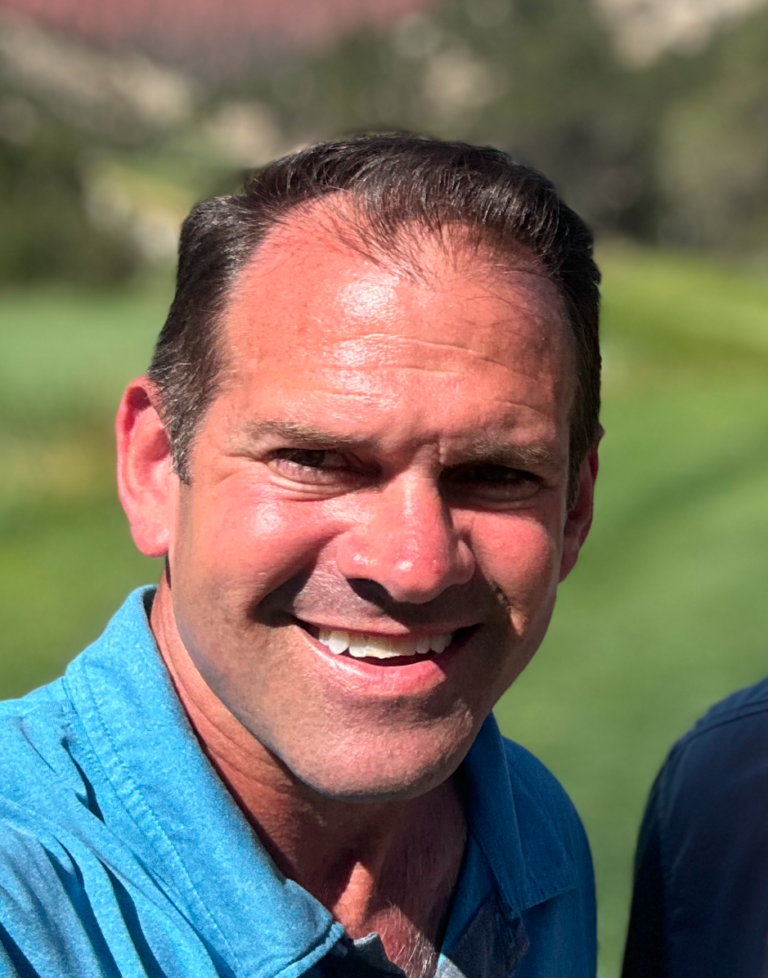Preventing Cardiac Emergencies: Dr. Ian Weisberg’s Advice on Early Detection
Preventing Cardiac Emergencies: Dr. Ian Weisberg’s Advice on Early Detection
Blog Article
Cardiology is on the edge of a technological and medical innovation, with advancements set to convert cardiovascular disease prevention, diagnosis, and treatment. Dr Ian Weisberg Niceville Florida, a number one expert in cardiac electrophysiology, predicts a few innovative inventions which will redefine how exactly we method center health.

1. AI-Powered Diagnostics and Predictive Medication
Artificial Intelligence (AI) is creating dunes in cardiology, but Dr. Weisberg believes its position may grow significantly. AI-driven ECG examination, machine understanding methods, and predictive designs allows health practitioners to recognize heart problems dangers before indicators appear. This shift toward preventive cardiology wil dramatically reduce crisis interventions and increase patient outcomes.
Also, AI-assisted imaging will increase early recognition of coronary artery condition, ensuring that patients get treatment before a heart attack occurs.
2. Individualized Medicine for Heart Patients
Every heart is unique, and Dr. Weisberg envisions a future wherever cardiology treatments are customized to each patient's genetic profile. With developments in genomics and biomarker evaluation, medical practioners will have a way to prescribe very personalized drugs, diets, and therapy ideas that work best for an individual's aerobic health.
As an example, gene treatment is showing assurance in managing inherited center conditions, probably avoiding genetic problems that trigger center disease.
3. Minimally Unpleasant Procedures May Become the Norm
Traditional open-heart surgeries are slowly being changed by minimally unpleasant techniques. Dr. Weisberg foresees catheter-based procedures, robotic-assisted procedures, and next-generation stents getting better, quicker, and more precise.
One important development is bioresorbable stents, which reduce obviously after therapeutic the artery, removing long-term dangers connected with metal implants.
4. Distant Tracking and Clever Wearables
Smartwatches and AI-powered wellness trackers are getting essential resources for tracking center wellness in real time. Dr. Weisberg shows the rising usage of implantable devices that will consistently track arrhythmias, body force, and oxygen levels, sending signals right to medical practioners when irregularities occur.
This technology enables people to get treatment without regular hospital visits, creating cardiology more available and efficient.
5. Regenerative Medication and Stem Mobile Therapy

Dr. Weisberg anticipates that stem mobile therapy and tissue design can play an essential role in heart disease recovery. Scientists are discovering approaches to replenish broken heart muscle, possibly avoiding the consequences of heart failure and myocardial infarctions (heart attacks).
With constant research, patients may shortly take advantage of cell-based treatments that recover center function relatively than just handling symptoms.
Conclusion: A New Era for Cardiac Attention
Dr Ian Weisberg Niceville Florida's predictions color a future wherever cardiovascular disease is recognized earlier, handled more effectively, and also corrected using advanced medical technologies. With inventions in AI, individualized medication, minimally intrusive techniques, rural checking, and regenerative remedies, the future of cardiology is better than ever.
Report this page